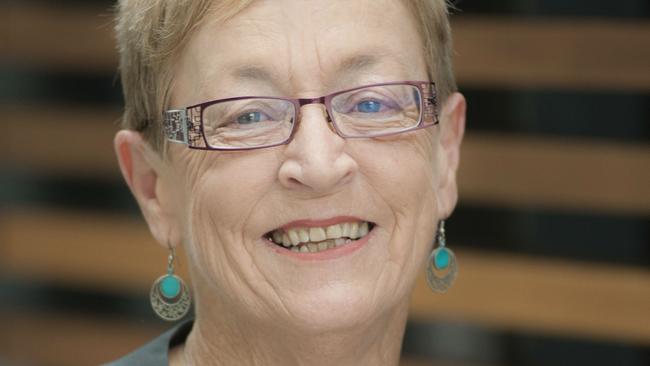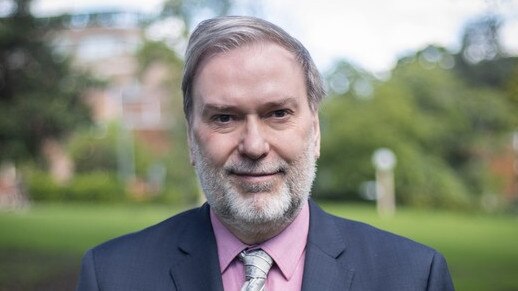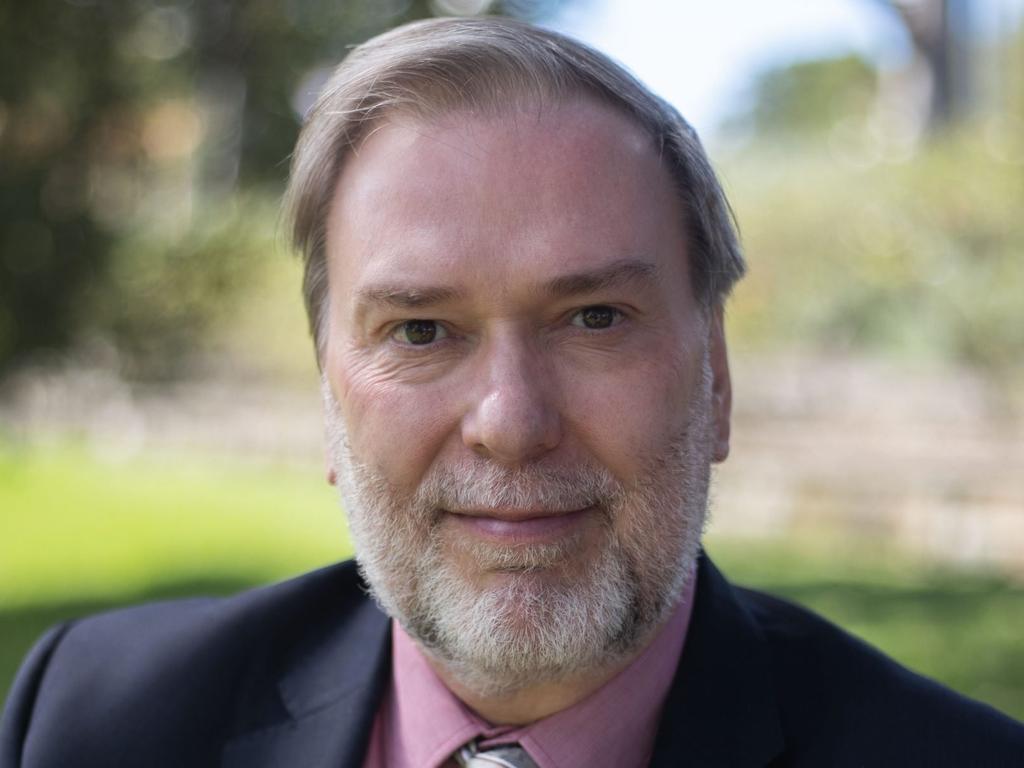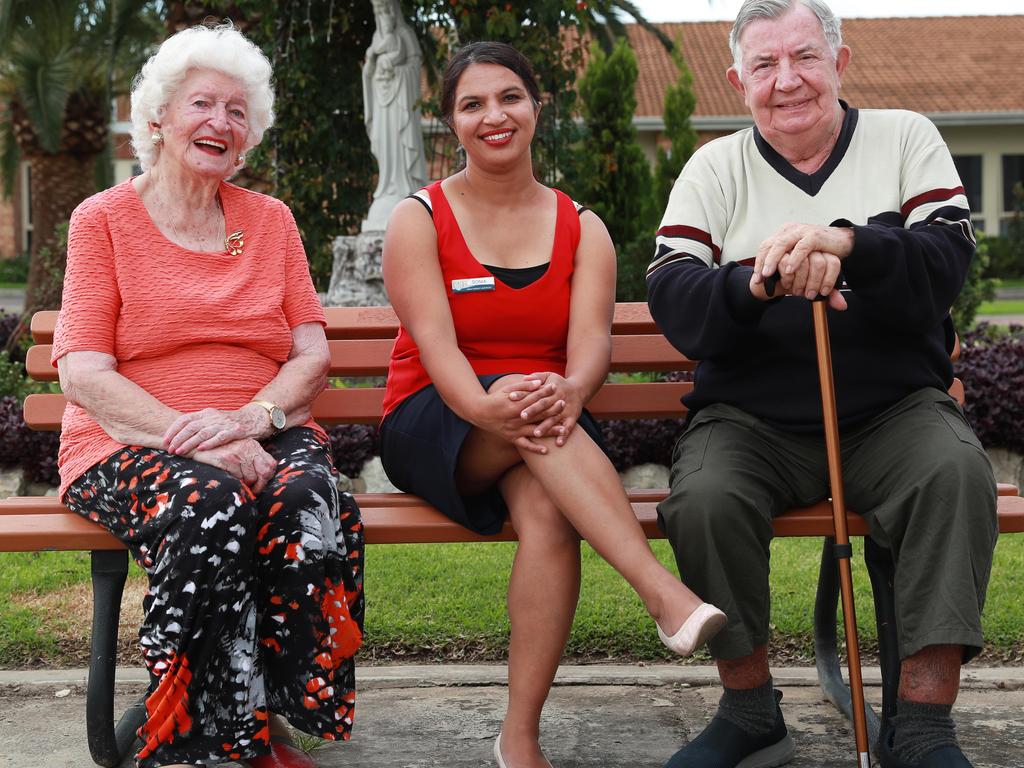Election 2022: ‘Foreign nurses key to poll vow on aged care’
Meeting Labor’s election pledge to have nurses in all aged-care homes 24/7 by October next year will require newly trained Australians and qualified staff from overseas, experts say.

Meeting Labor’s election pledge to have nurses in all aged-care homes 24/7 by October next year will require a rapid-fire mix of newly trained Australians, the return of those who have quit the sector and attracting qualified staff from overseas, experts say.
But that solution could cause other problems, with concerns Australia will be stripping poorer countries of their own health workforce.
Anthony Albanese has put aged care at the forefront of his election pitch, promising $2.5bn over four years to improve standards, including a pledge to have a nurse on duty day and night in all care homes by October 2023, a year ahead of the aged care royal commission’s recommendation.
The number of aged-care nurses required would need to increase by about 14,000 from the current 30,000 within 18 months, according to figures understood to have been supplied to the government by its department.
Mr Albanese said sourcing nurses from overseas was a part of his plan, along with funding more nurse training and taking steps to retain staff leaving the sector due to low pay and high stress.
“If need be, we can look back, as we have in the past, at importing skilled labour in that area,” Mr Albanese said.

Aged care expert Kathy Eagar, director of the Australian Health Services Research Institute, said migration should be part of a mixed strategy to find the future nursing workforce, but there were dangers.
“Migration is a short-term fix but not a long-term solution,” Professor Eagar said. “I feel uncomfortable about poaching qualified nurses from low-income countries. We should be aiming to increase our own workforce through training rather than relying on stripping out qualified workers from countries who need them more than we do.”
Professor Eagar said there were 30,000 registered and enrolled nurses currently in aged care, but only 13 per cent of the former and 6 per cent of latter were permanent full-time workers. About 7000 were casual or contractors.
“Many want to work full time or more hours, so this is an easy step to bringing up those overall hours of care,” she said.
And stabilising the number of nurses leaving the sector by offering better pay and conditions was a crucial first step.
“When a nurse in general practice is earning $15,000 or $20,000 more a year than a nurse in aged care it’s easy to understand why numbers are falling,” Professor Eagar said.
Committee for Economic Development Australia senior economist Cassandra Winzar said it wouldn’t be easy to attract such a large number of nurses so quickly. “I don’t see how we get to the numbers required without a pretty substantial increase in migrant workers, particularly given the time constraints,” Ms Winzar said.
“Aged care overall has had a 30 per cent migrant workforce, but Covid restrictions in the last few years have had a big effect.
“But we can’t take recruiting a migrant workforce for granted. All advanced economies are seeking the same type of worker. We will need to consider what incentives we need to offer to attract them. One would be to give overseas nurses long-term stability to come and build their career here, not just fill a gap we need them to fill for a couple of years.”
Paul Sadler, chief executive of provider advocacy group Aged and Community Services Australia, said migration “has to be part of the solution”.
“The reality is that aged care has for many years relied on migrants for its nursing workforce,” Mr Sadler said.
“We’ve called for priority visa arrangements for nurses in aged care and other aged-care workers.
“But we need to bear in mind that you don’t want to denude other countries of their own care workforce, so it should only be part of a short-term solution.”








To join the conversation, please log in. Don't have an account? Register
Join the conversation, you are commenting as Logout